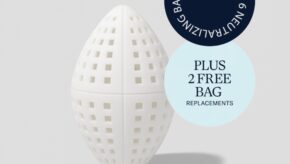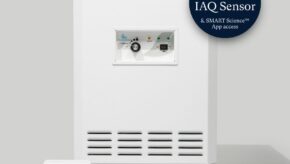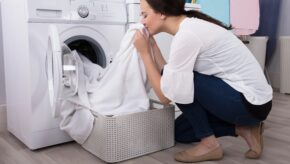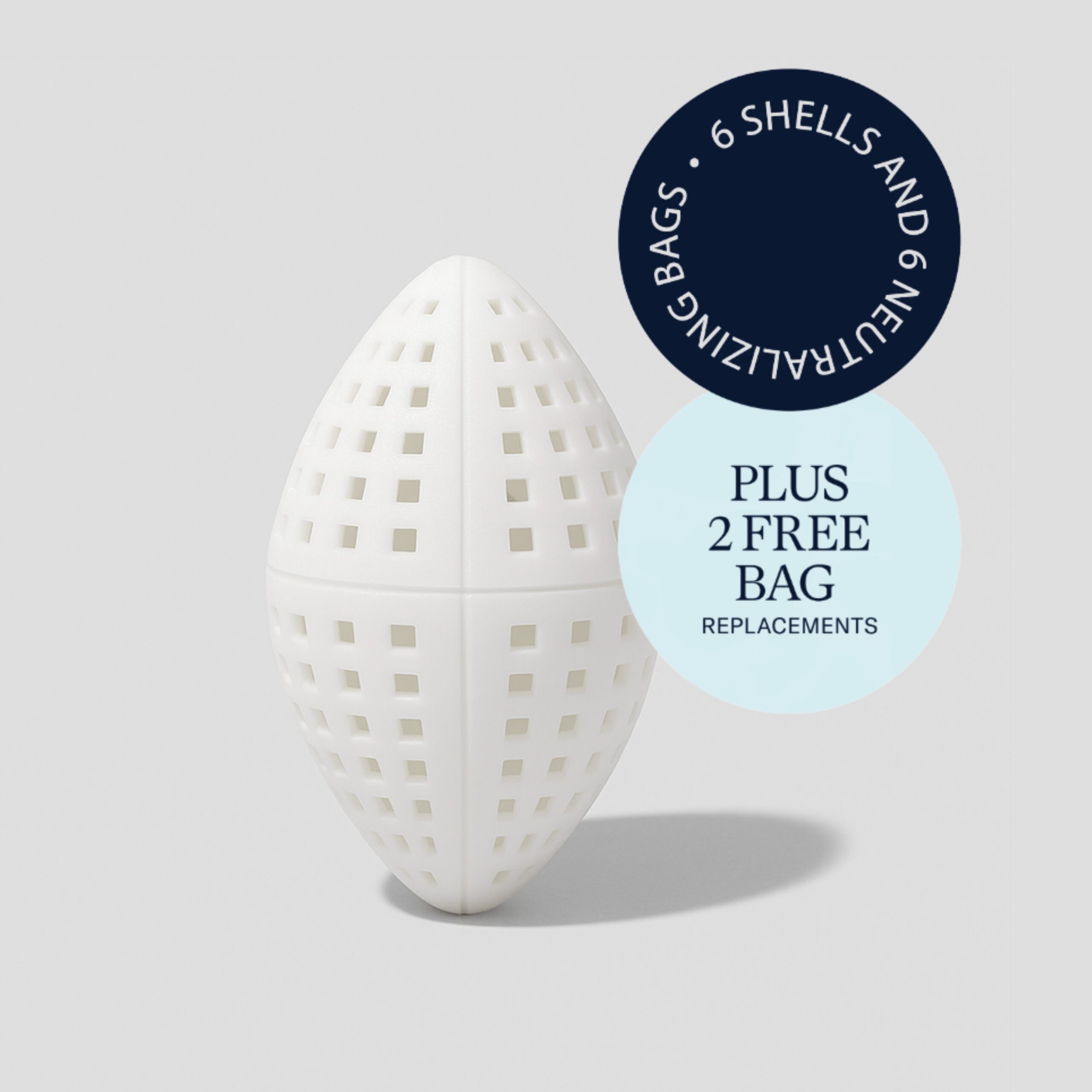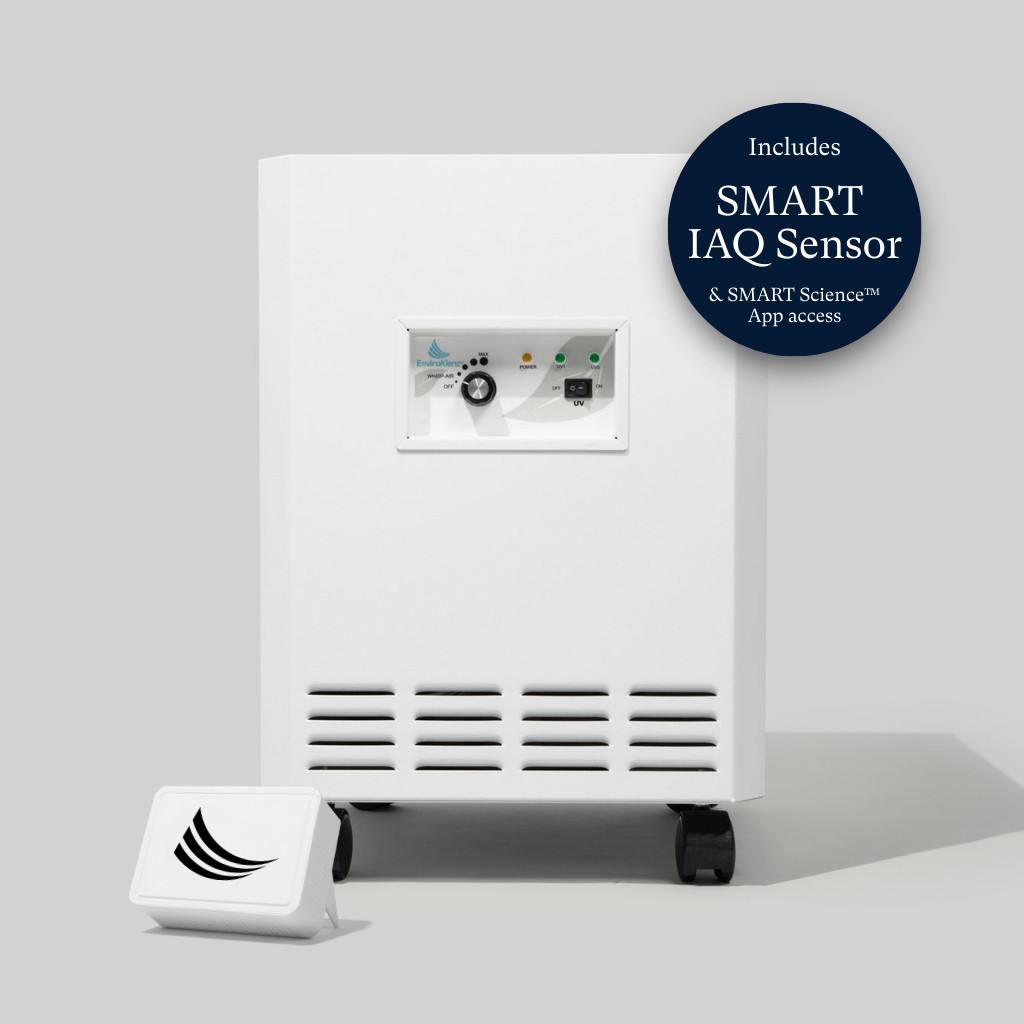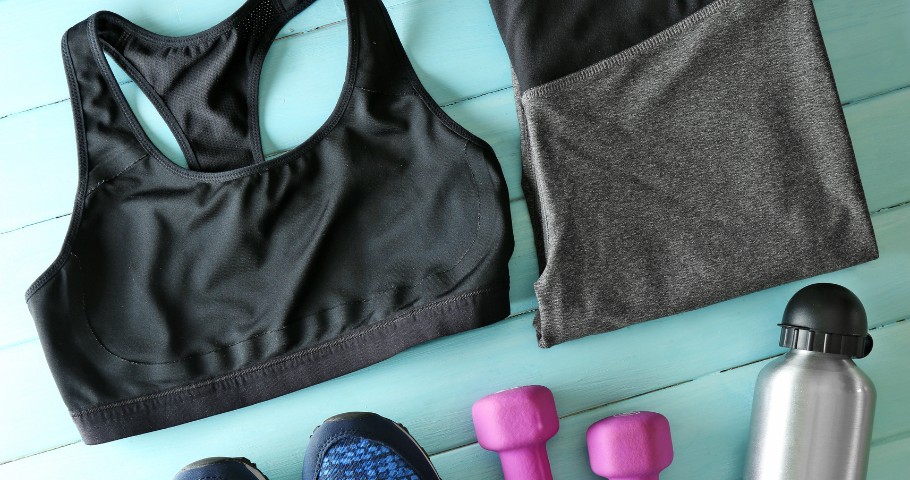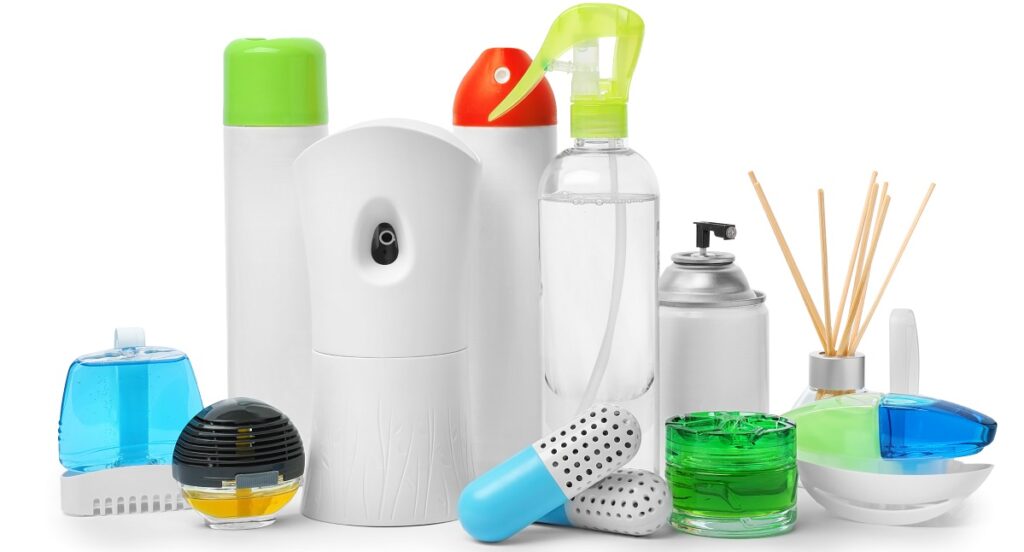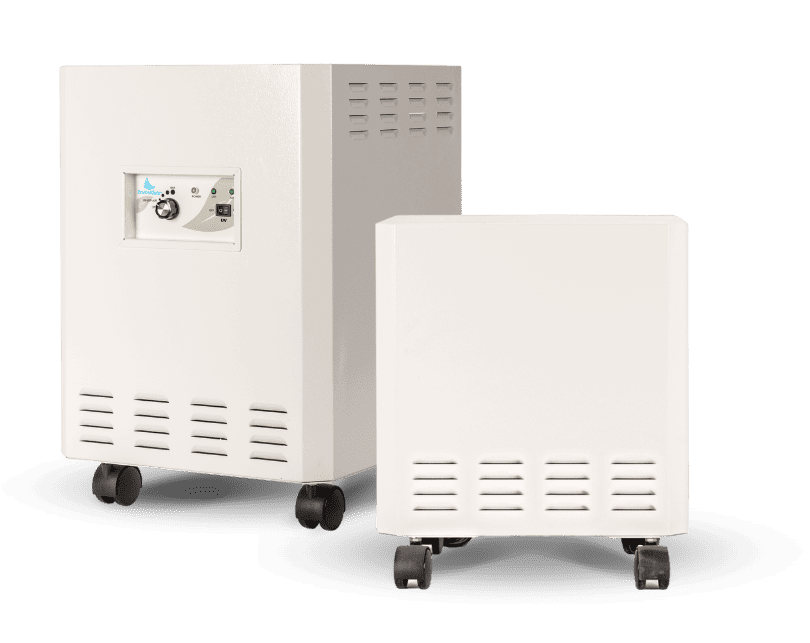HVAC air fresheners are the preferred choice for many homeowners who want a safer alternative to scented candles, wax melts, and plug-ins. The designs and operations may differ between manufacturers. Still, HVAC air fresheners typically attach to HVAC filters and release pleasant and mood-enhancing fragrances through air vents into your living spaces.
And because they work with your HVAC system, the nice smell spreads readily throughout your home or indoor space. Covering up smells in any part of your home is as easy as turning on one device attached to your HVAC system. All of these sound great until you consider the individual ingredients in air fresheners and the potential health effects they may cause.
Indeed, we all want to come home to a sweet-smelling house. However, we must never lose sight of the long-term effect the substances we inhale may have on our health. It might be tricky to control outdoor air quality, but you certainly are in charge (to a large extent) of your IAQ, whether at home or office. We recommend reading this post first if you’re considering installing HVAC air fresheners in your living space.
What’s in an Air Freshener?
Some air fresheners have “organic” or “green” labels. That’s a good thing, right? Not quite! Only a few ingredients in air fresheners are listed on the product labels. In other words, even organic, pet-safe, vegan, IFRA-compliant air fresheners may emit potentially hazardous chemicals alongside the nice-smelling fragrances they produce. Some of the potentially toxic ingredients in many air fresheners are:
VOCs
Air fresheners emit compounds that readily form vapor or gas at room temperature. These compounds are called volatile organic compounds (VOCs) and are great at dispersing smells due to their low boiling point. That said, VOCs aren’t exactly what you want flying around in your home, as they are linked to several health problems like asthma attacks and kidney and liver damage.
Formaldehyde
Most air fresheners contain formaldehyde ― a compound known to be cancer-causing in humans. Even if it doesn’t eventually lead to cancer, formaldehyde may cause skin, throat, nose, and eye irritations. Besides the burning sensations the compound can cause in different body parts, it can also lead to nausea, wheezing, and coughing.
Phthalates
Like formaldehyde, phthalates are carcinogenic and present in many air fresheners. It is the same compound used in manufacturing many paint products, pesticides, and plastic. As you may have guessed, this compound can have a very disruptive effect on human health.
Naphthalene
Some air fresheners contain naphthalene, an aromatic compound that can cause vomiting, nausea, diarrhea, and gastrointestinal symptoms.
Potential Health Effects of Air Fresheners
HVAC air fresheners or whole-home scenting systems, as well as other air freshener types, will make your house smell nice ― no arguments here!
However, if you tend to feel a bit dizzy indoors and feel great outside your home, you should pay closer attention to what’s happening to your indoor air quality. Your air freshener is likely the culprit.
According to a research paper published on ScienceDirect, air fresheners have negatively affected the health of more than 20% of the US population. Of course, there’s almost zero chance of dropping dead or developing severe health problems just because you or someone in your household has been exposed to air fresheners a few times. Here’s the thing, though.
Few people go through the hassles of purchasing and installing an HVAC air freshener only to rarely use them. While the contaminants and hazardous chemicals in air fresheners aren’t likely to cause instant damage, repeated exposure can lead to health problems.
It doesn’t matter whether you use whole-home scenting systems or regular air fresheners; they all have similar adverse effects on health, some of which include:
- Breathing difficulties
- Increased risk of asthma attacks (especially in younger children)
- Infant illness
- Migraine headaches
- Respiratory problems
- Mucosal symptoms
- Skin problems
- Neurological problems
Safe Alternatives to an HVAC Air Freshener
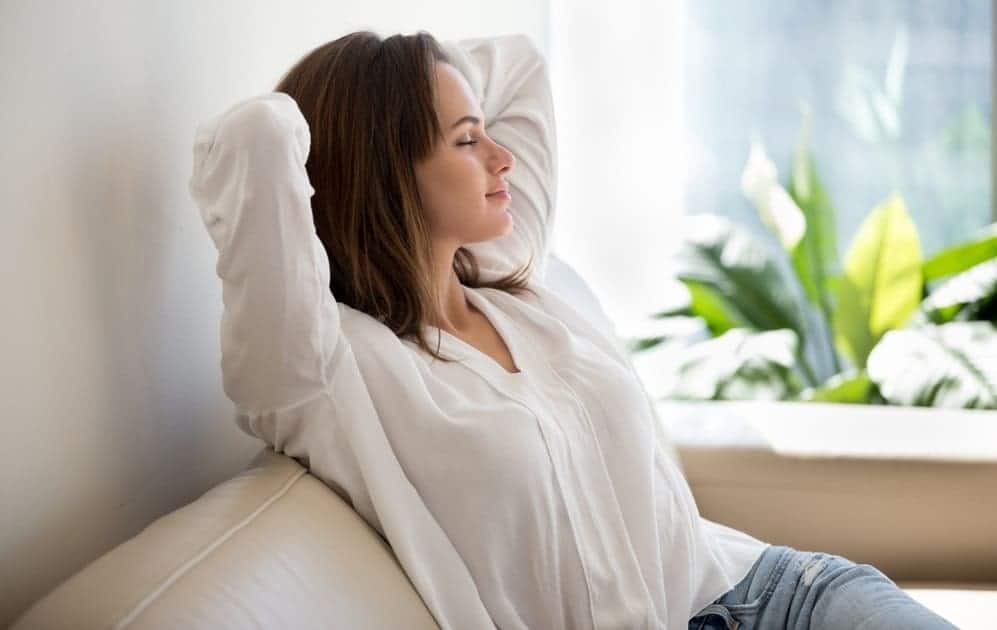
Regardless of what is said in praise of air fresheners, covering up odors isn’t an effective way to eliminate unwanted smells in indoor environments. You might temporarily change how your space smells and even create the mood you prefer using air fresheners, but the odor source is still very present and active.
And unless you remove the source of the bad smell, it will eventually resurface and continue to spread pollutants in your space. Besides, no matter the air freshener type you use ― HVAC, plug-ins, scented candles, or wax melt ― you are likely adding potentially harmful particulates and VOCs to your indoor air.
To reduce your health risk, consider cleaning your indoor air without masking unwanted smells. Fresh and clean air doesn’t necessarily have a sweet fragrance, but that doesn’t make it any less pleasant to our sense of smell. One safe way to breathe fresh air without introducing VOCs into your living space is to increase ventilation. Open windows to let fresh air in or use fans to increase air circulation.
This can also remove unwanted odors from your indoor space. However, keep in mind that opening your windows may not be good in certain weather conditions. Another alternative (and arguably more effective one) is to install a central air purification system designed for indoor spaces. These devices use ultraviolet light to neutralize, disinfect, and deodorize micro-organisms, allowing you and your family to breathe cleaner, fresher air.
As you probably figured, not all air purifiers are created equal. You want to choose air purifiers with medical-grade HEPA filters like the EnviroKlenz Air System. With a patented earth mineral purifying technology, the air purifier effectively eliminates pathogens, VOCs, and other odor-causing contaminants in indoor air.
Rather than merely covering up offensive smells, the EnviroKlenz Air System actually captures and destroys harmful particulates and airborne substances that foul up the air. Improving indoor air quality is more important than producing sweet-smelling fragrances.
Air fresheners can contribute to poor IAQ and set the stage for ongoing health issues, so consider making your indoor environments safer with air purifiers instead.
EnviroKlenz® Medical Disclaimer:
“Any information that is provided on this website is not for the use by any commercial or personal entity without expressed written consent of the blog author. The material and statements illustrated within this blog are not intended to diagnose, treat, cure, or prevent any diseases or medical conditions. Nor does the author in any way guarantee or validate the validity, totality, or efficacy of any claims and will therefore not be held responsible for the content of any claims. Always consult your medical physician for any specific medical advice or recommendations.”
